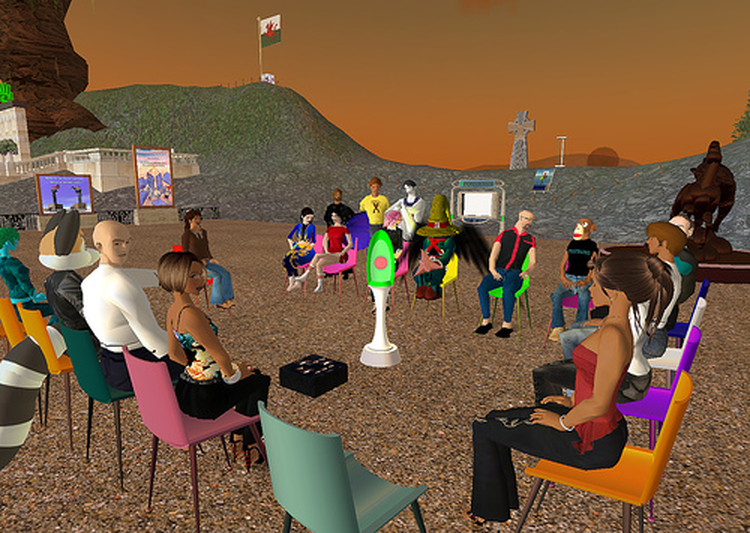On day three of the EU’s citizen’s assembly on Virtual Worlds, after a short meeting in groups, we reassembled in the plenary hall. We were introduced to a speaker panel, which they referred to as a knowledge committee which included three Belgian improv artists. The whole session is available at for review on the Commission’s streaming platform.
The commission speaker emphasised again the EU’s principles, guiding their regulatory strategies. The rights and principles are:
- Putting people and their rights at the centre of the digital transformation
- Supporting solidarity and inclusion
- Ensuring freedom of choice online
- Fostering participation in the digital public space
- Increasing safety, security and empowerment of individuals
- Promoting the sustainability of the digital future
But no explicit reference to the rights of information and privacy and thus not addressing encryption vs surveillance or am I is being too suspicious. Some are worried that the legislature will use the coming AI Regulation to demand encryption breaking measures on messaging products.
The regulatory aquis is being built on the GDPR and the recently passed Digital Markets Act and Digital Services Act. The Commission outlines its programme on its web site, and I have sought summarise the legislative programme in another note.
Amongst the experts was Prof. Catherine Hesse, and Dr Mariette van Huijstee, the other speakers can be discovered on the stream. They both spoke of the changes that virtual worlds make on their users, including on the way the brain works, of the environmental impact and on whether it will create new levels of inclusivity. On the last topic, Sara Lisa Vogel, a virtual world performance artist, presented from their digital home, stated they find the disguise and anonymity a benefit and it enhances their life as otherwise they find themselves subject to racism in particular.

I found the platform’s quality of content, on the whole poor although my syndicate group moderator was awesome; there were no economists, or the one that might have been, focused on other things.
I feel that the citizens are being guided to chose safety before privacy as can be seen by the surveillance enabling provisions of the AI Bill. The real life dystopian example, is China’s Sesame Credit scheme, China’s sesame credit system [or on Medium], where access to services is based on your social media record and public statements.
Safety is also about protection against fake news and foreign state actors. CoFoE had a lot to say about this and it makes me wonder if we must transfer responsibility onto the carriers, although the Digital Services Act reset the notify and takedown rules in Europe and placed a duty on web sites to remove content they know to be illegal.
Absent from conversations over the weekend is the question of investment which made me ask what Horizon Europe and NESSI are doing?
During the plenary Q&A, there was a question on how the topic was chosen; given that I am concerned about the scoping of this as Virtual Worlds and not the future of the internet. I think this question is important. True virtual worlds may have been done, and are limited by what can be described using a real world metaphor, although Sara Lisa Vogel, an artist made a powerful plea that living as an avatar in a virtual world can be liberating and help escape oppressions from the real world.
Let’s see if it gets better over sessions two and three to be held in March and April.